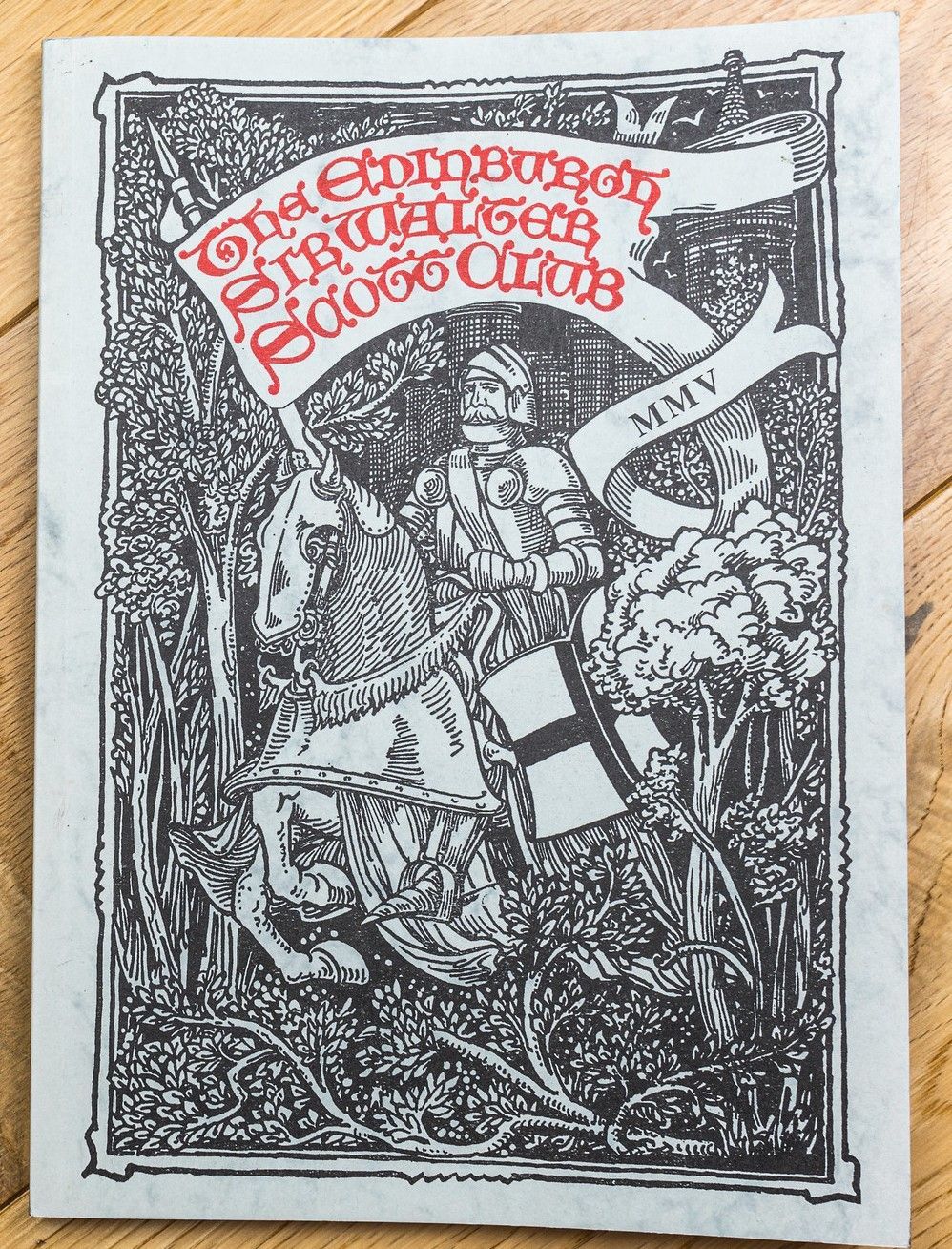Scott and Ireland
Owen Dudley Edwards
Thursday 1st December 2005
Summary of the Talk:
This talk explores the significant but often overlooked relationship between Sir Walter Scott and Irish history, culture, and literature.
- Impact of Ireland on Scott: Despite writing less about Ireland directly compared to other British writers, Scott's work was deeply influenced by Irish history and culture. His characters and themes often reflect the Irish experience, particularly in works like The Lay of the Last Minstrel and Waverley, where he draws parallels between Scottish and Irish identities, especially in the context of Jacobite uprisings.
- Scott's Literary Relationship with Ireland: Edwards argues that Scott's understanding and portrayal of Irish culture and folklore shaped his literary genius. He emphasizes that Scott's The Lay of the Last Minstrel could easily be adapted to describe Irish Gaelic minstrels, drawing connections between the history of Scotland and Ireland. Scott was keen on preserving oral traditions, a sentiment shared by many Irish writers, and this influenced his work profoundly.
- Swift and Scott's Relationship: Edwards delves into Scott's admiration for Jonathan Swift, who greatly impacted his understanding of Irish identity. Scott, in his biography of Swift, showcases his respect for Swift's nuanced approach to Irish political issues and his ability to craft characters and narratives that blend the personal with the political.
- Maria Edgeworth's Influence: Maria Edgeworth, an Irish novelist, had a particularly strong impact on Scott. Edwards highlights that Edgeworth's work, especially Castle Rackrent, provided Scott with a model for the nationalistic historical novel, which he adapted for Scotland in works like Waverley. Edgeworth's portrayal of Irish characters helped Scott approach his own nation's portrayal in a more balanced, empathetic way.
- Gender and Social Equality: Edwards also points out that Edgeworth's influence on Scott went beyond national identities, shaping his portrayal of women. Scott, inspired by Edgeworth's focus on gender equality, created strong female characters in his novels, such as Flora MacIvor and Jeanie Deans, who were often depicted as morally, intellectually, and culturally superior to their male counterparts.
Interesting Points:
- Connection between Scottish and Irish Literature: The blending of Scottish and Irish identities in Scott's work, especially in the context of folklore and history, highlights the shared cultural experiences and struggles of these nations under British rule.
- Scott's Relationship with Swift: Scott's biographical work on Swift demonstrates his keen understanding of Irish history, and his ability to reconcile differing political viewpoints, including those of the English and Irish.
- Edgeworth’s Influence on Scott: The debt Scott owed to Edgeworth, particularly in his approach to the nationalistic novel and his treatment of gender equality, is crucial for understanding the evolution of his writing style and the direction his work took.
- Folklore and Tradition: The importance of folklore and the role of traditional storytellers, both in Scotland and Ireland, plays a vital role in shaping Scott's work. His interest in preserving cultural heritage through storytelling is a central theme throughout his novels.
This lecture provides a rich exploration of how Scott's literary career was intertwined with Irish history and literature, emphasizing the enduring influence of Irish culture on his work.
Download the [Transcript] or Read the [Bulletin]

Download the [Transcript] or Read the [Bulletin]


